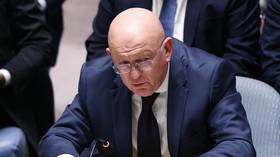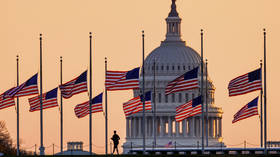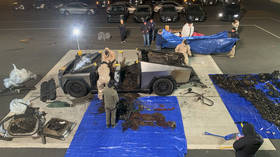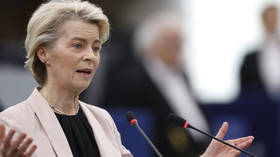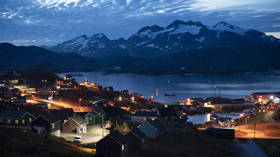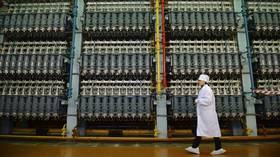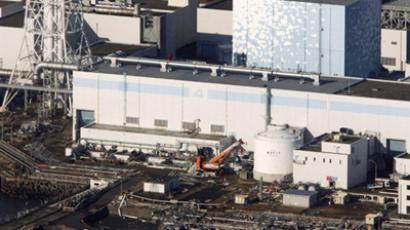Facts on Fukushima plant key to emergency plan – former US governor
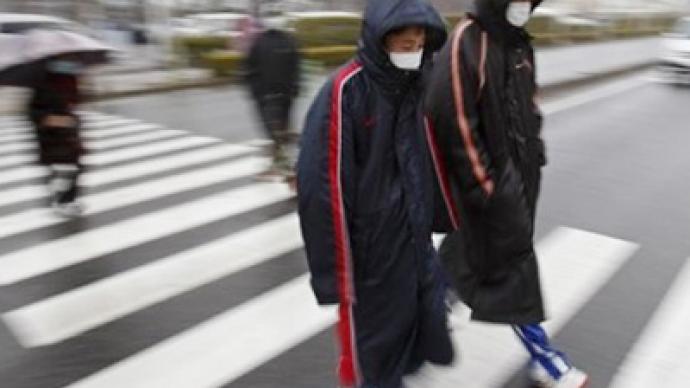
The technical challenges facing Japan's nuclear industry in Fukushima reminds of those the US had to deal with after the Three Mile Island accident in Pennsylvania back in 1979, said the 41st Governor of Pennsylvania, Richard Thornburgh.
Being asked about the situation at Fukushima Dai-Ichi nuclear power plant, where the buildings of three units exploded because of excessive hydrogen concentration and a massive fire at the spent fuel storage pond, Richard Thornburgh said “what is most scary is that we cannot get all of the facts.”He said that after the Three Mile Island incident, specialists around the world were studying the lessons of the accident in which about a third of the active core melted. Thornburgh hopes the disaster at Fukushima nuclear power plant is going to be a good lesson for the whole nuclear industry.The fruitless attempts of Japanese authorities to cool down the reactors show that even for technologically advanced states such as Japan it is absolutely necessary to have “defense in depth against these kinds of occurrences.”Japanese authorities are trying to do their best to prevent and investigate the incident at Fukushima nuclear power plant, but they also have to convey accurate information to the public, Thornburgh pointed out.“It has to be tested. Every fact has to be examined in terms of source and the setting which it arises. It is not an easy thing to do. The single biggest challenge of emergency management is getting accurate facts so that you can make the right decisions. You can be the best decision maker in the world, but if you do not have the right facts – you’re in trouble.”Thornburgh reminded that though there are ongoing protests against the development of nuclear energy, the arising costs of alternative sources of energy and the global fight against carbon emission make nuclear energy a favorite in some aspects – even for the environmental community.No country currently using nuclear energy on a large scale, like the US, Russia, France, China or India, is going to scrap their present commitment to nuclear power, Thornburgh believes. He adds, though, that “they all are going to stop, take a deep breath and look at consequences of this [disaster] once they are fully available” and the catastrophe in Japan is going to be a “step back in terms of their desire to build more nuclear plants”.



